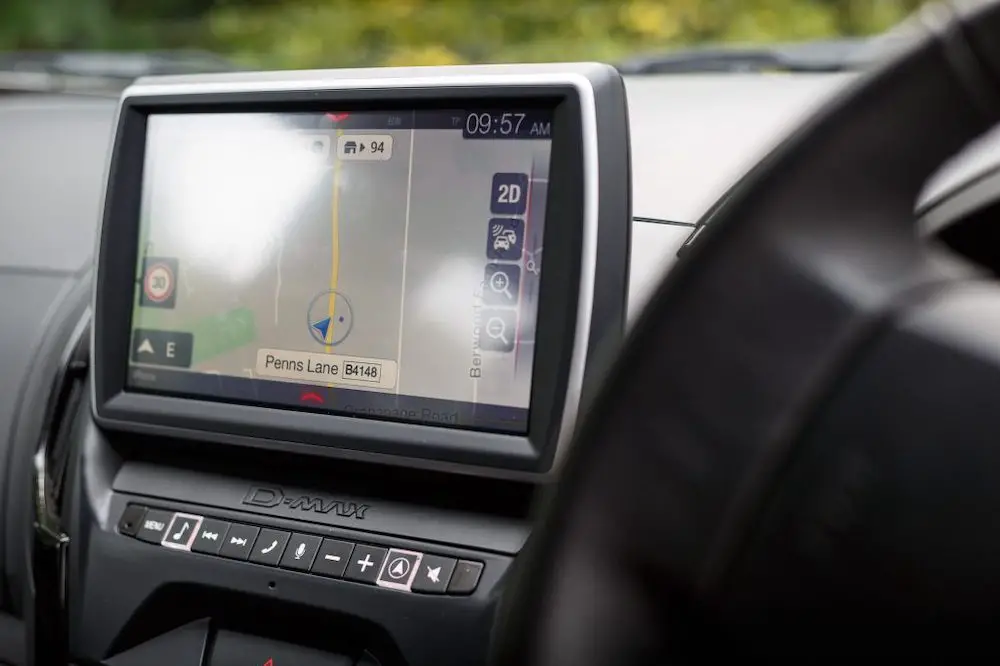In our fast-paced, tech-savvy world, the need for reliable and efficient tracking systems has become more critical than ever before. Cue the obd2 tracking device, a revolutionary piece of technology that has transformed the way we monitor and manage our vehicles. Known as an On-Board Diagnostics (OBD) GPS Tracker, this device provides a wealth of information about a car’s performance, its location, and even its driver’s behavior.
Being a plug-in GPS tracker for cars, an OBD GPS tracker is easy to use and offers a reliable and real-time tracking solution. From parents keeping tabs on their teenagers’ driving habits to fleet managers overseeing a multitude of vehicles, this OBD tracking device has proven to be an indispensable tool.
The idea of this article is to provide a comprehensive guide on using the power of OBD GPS trackers. We’ll delve into how they work, their benefits, the technology behind them, and how to install and optimize their use. We’ll also compare the obd2 tracker with other tracking devices and highlight the top OBD GPS trackers in the market today.
Understanding How OBD GPS Trackers Work
An OBD GPS tracker for cars is a compact device that plugs into a vehicle’s OBD2 port. The beauty of these devices lies in their simplicity: once plugged in, they immediately start transmitting data about your vehicle’s location and performance to a server via a cellular network. You can then access this information through a web platform or a mobile application, depending on the provider.
The obd2 tracking device uses Global Positioning System (GPS) technology to determine the exact geographical location of the vehicle. It then transmits this information, along with other vehicle data, via a cellular data connection.
It’s worth noting that an OBD GPS tracker doesn’t just provide location data. It can also monitor a host of vehicle parameters, including speed, engine RPM, fuel consumption, and fault codes. This makes the obd2 tracker not just a tracking device, but a comprehensive vehicle management tool.
Benefits Of OBD GPS Trackers
The perks of using an OBD GPS tracker are numerous. Firstly, they provide real-time tracking, which means you can monitor your vehicle’s location and status at any time. This is particularly useful for fleet managers who need to keep track of multiple vehicles simultaneously.
Additionally, an obd2 tracking device can improve driver behavior. By providing data on speed, harsh braking, and rapid acceleration, it allows you to monitor and correct bad driving habits. This can reduce wear and tear on the vehicle and improve fuel efficiency, saving you money in the long run.
Finally, OBD GPS trackers can provide peace of mind in case of theft. By tracking the precise location of your vehicle, you can quickly recover it in the event it is stolen. In some cases, tracking data can even be used to assist law enforcement in their investigations.
The Technology Behind OBD Tracking Devices
The OBD tracking device is a product of several different technologies working in harmony. The device itself is hooked into your car’s onboard computer through the OBD2 port, usually found beneath the dashboard on the driver’s side. From there, it taps into the wealth of data generated by your car’s various systems.
The GPS component of the tracker uses satellites to determine the exact location of your vehicle. This information is then transmitted via a cellular data connection to a server. Here, it’s processed and made accessible to you via a web platform or mobile app.
The obd2 tracking device also leverages the power of telematics. Telematics is a field that combines telecommunications and informatics to provide a range of services, including vehicle tracking, fleet management, and navigation. In this case, telematics enables the transmission and analysis of vehicle data, providing you with a comprehensive picture of your vehicle’s performance and location.
How To Install An OBD2 Tracking Device In Your Car
Installing an obd2 tracker is a fairly straightforward process that can be done in a matter of minutes. The first step is to locate your car’s OBD2 port. This is typically found under the dashboard, near the steering column.
Once you’ve found the port, you simply plug in the tracker. It should fit snugly and not come loose easily. After the device is plugged in, it will begin transmitting data to the service provider’s server.
Most OBD GPS trackers for cars come with an accompanying app or web platform. You’ll need to register your device and set up an account. Once this is done, you can start monitoring your vehicle’s location and performance data.

Top Features To Look For In An OBD GPS Tracker
When shopping for an OBD tracking device, there are several features to consider. First and foremost, the device should offer real-time tracking. This allows you to monitor your vehicle’s location and status at any given moment.
The device should also provide a range of data beyond just location. This includes speed, engine RPM, fuel consumption, and fault codes. Some devices even offer advanced features like geofencing, which allows you to set up virtual boundaries and receive alerts if your vehicle crosses them.
The best obd2 tracking device will also come with a user-friendly app or web platform. This should provide a clear and easy-to-understand overview of your vehicle’s data, allowing you to make timely and informed decisions.
Comparing Different Types Of Car Trackers: OBD GPS Tracker Versus Other Tracking Devices
In comparing OBD GPS trackers with other car tracking devices, the former stands out for several reasons. Unlike other trackers that may require professional installation, an obd2 tracker can be easily installed by anyone. This makes it a more cost-effective and convenient option.
Moreover, while other trackers may only provide location data, an OBD GPS tracker offers a wealth of vehicle performance data. This makes it more than just a tracking device—it’s a comprehensive vehicle management tool.
However, it’s important to note that OBD GPS trackers are not suitable for all vehicles. Older vehicles that lack an OBD2 port will not be able to use these devices. In such cases, other types of tracking devices may be more appropriate.
Important Considerations When Buying A Tracking Device For Your Car
There are several factors to consider when buying a tracking device for your car. Firstly, you’ll want to consider the type of data you want to monitor. If you’re only interested in tracking your vehicle’s location, a simple GPS tracker may suffice. However, if you want to monitor your vehicle’s performance and driver behavior, an obd2 tracking device would be a better option.
The installation process is another crucial factor. Some devices require professional installation, which can add to the cost. In contrast, an obd2 tracker can be installed quickly and easily by the user.
You’ll want to consider the cost of the device and any associated service fees. While some devices require a one-time purchase, others may require a monthly or annual subscription. Make sure to factor in all costs when making your decision. You can also read this car tracker buying guide on Family1st.
Top OBD GPS Trackers In The Market
Several top-notch OBD GPS trackers are currently available in the market. Some popular choices include the Zubie Vehicle Tracking and Engine Diagnostic Device, Family1st GPS tracker for cars, and the Vyncs GPS Tracker.
The Zubie Vehicle Tracking and Engine Diagnostic Device offers real-time tracking, engine diagnostics, and driver scoring, among other features. Family1st GPS tracker for cars comes with detailed tracking history, simple setup, affordable subscription, and extended battery life in one innovative solution. The Vyncs GPS Tracker offers a range of features, including real-time tracking, trip logs, fuel consumption monitoring, and more.
Each of these devices brings something unique to the table, and the best one for you will depend on your specific needs and budget.
Conclusion
In conclusion, the obd2 tracking device is a powerful tool that offers a wealth of benefits. From real-time tracking and vehicle performance monitoring to improved driver behavior and theft prevention, this device can significantly enhance your vehicle management efforts.
However, to truly maximize the benefits of your OBD GPS tracker, it’s essential to choose a device that suits your specific needs and to understand how to effectively use and interpret the data it provides. By doing so, you can harness the full power of this technology and gain greater control over your vehicle or fleet.
So, whether you’re a concerned parent, a fleet manager, or simply a car enthusiast, an obd2 tracking device could be the perfect investment for you. Take the plunge today and experience the peace of mind and convenience that comes with having real-time, comprehensive insights into your vehicle’s performance and location at your fingertips.


